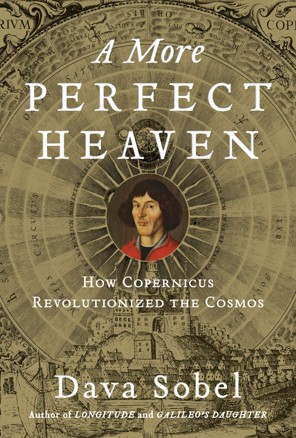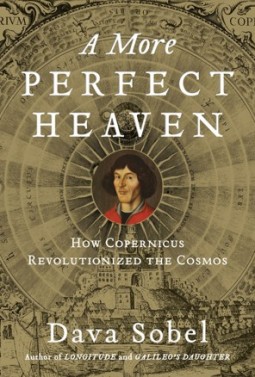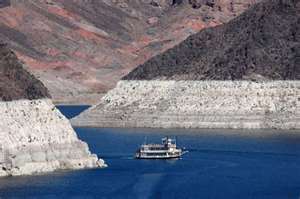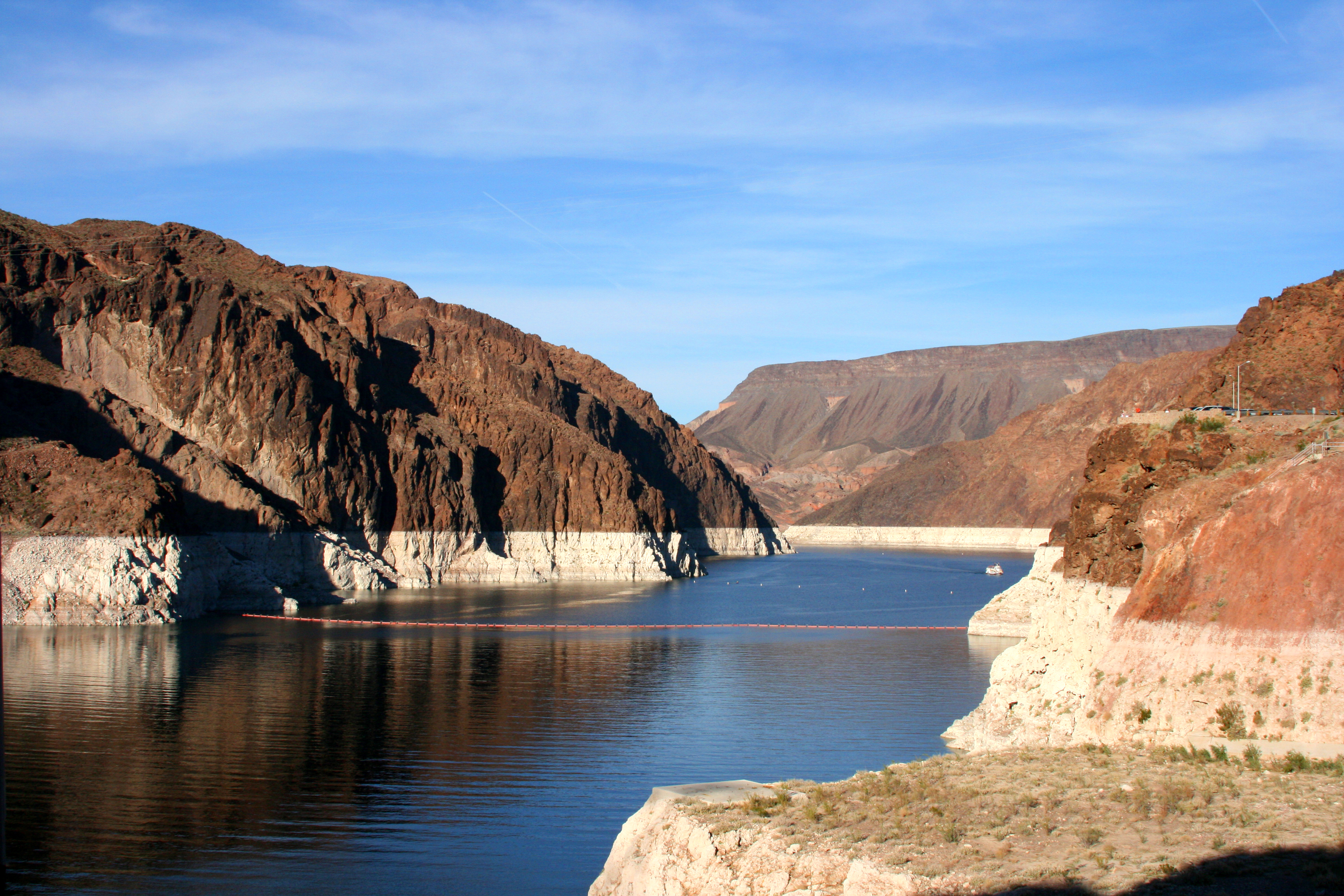 For our first show in 2014 we offer two feature interviews:
For our first show in 2014 we offer two feature interviews:
Feature #1: We continue our conversation from Dec. 31 with science writer and CU professor Tom Yulsman about what “hot” stories 2014 holds in store regarding earth and planetary science, especially climate and weather. Yulsman, who also writes a regular blog for Discover magazine, called Imageo, talks with co-host Susan Moran.
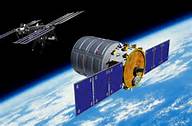 Feature #2: In expectation of the first official cargo flight of the Cygnus spacecraft to the International Space Station, co-host Joel Parker interviews researchers David Klaus and Stefanie Countryman about their respective experiments: a biomedical antibiotic experiment and an educational K-12 experiment involving ant behavior in microgravity. The Cygnus spacecraft is built by Orbital Sciences Corporation, and follows the earlier, successful launch of a Cygnus demo flight on October 22. The experiments are built by the BioServe Space Technologies Center within the Aerospace Engineering and Sciences Department at the University of Colorado, Boulder.
Feature #2: In expectation of the first official cargo flight of the Cygnus spacecraft to the International Space Station, co-host Joel Parker interviews researchers David Klaus and Stefanie Countryman about their respective experiments: a biomedical antibiotic experiment and an educational K-12 experiment involving ant behavior in microgravity. The Cygnus spacecraft is built by Orbital Sciences Corporation, and follows the earlier, successful launch of a Cygnus demo flight on October 22. The experiments are built by the BioServe Space Technologies Center within the Aerospace Engineering and Sciences Department at the University of Colorado, Boulder.
Hosts: Susan Moran, Joel Parker
Producer: Susan Moran
Engineer: Joel Parker
Executive Producer: Jim Pullen
Due to a technical problem at the station, unfortunately, we were not able to save the audio archive of the show. Our apologies. All other shows include the audio file.

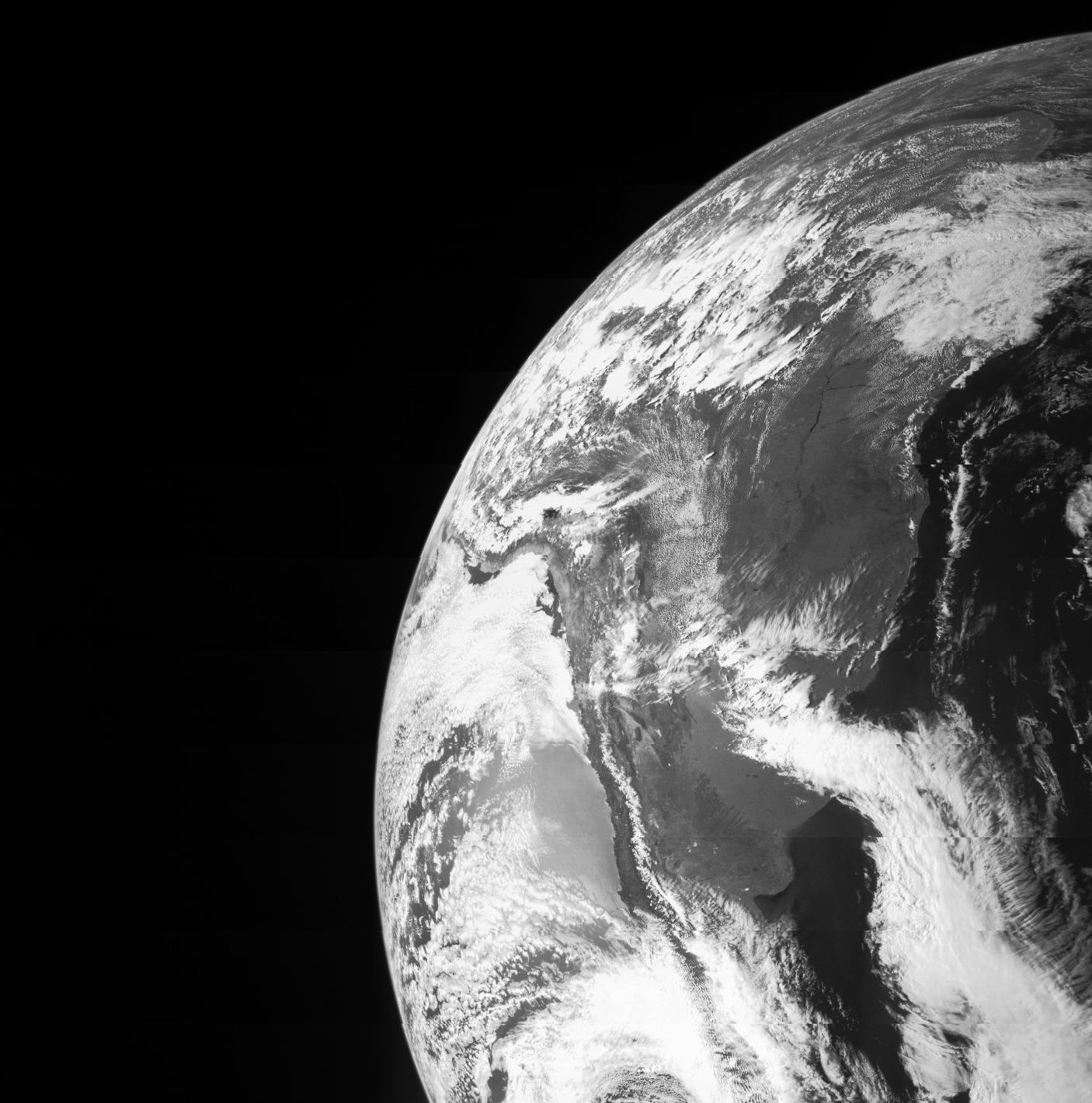


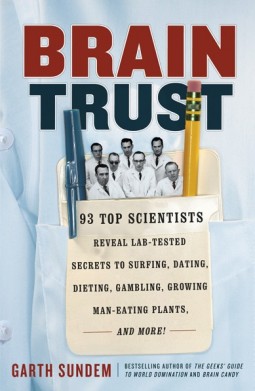 Brain Trust (starts at 4:23) When you are trying to make a decision about something important or having a disagreement with someone, don’t you sometimes wish you had a scientist with you – a world expert on the topic at hand – to help you out? In fact, it would be great to have dozens of experts in many fields available, sort of your own personal Brain Trust. Well, luckily
Brain Trust (starts at 4:23) When you are trying to make a decision about something important or having a disagreement with someone, don’t you sometimes wish you had a scientist with you – a world expert on the topic at hand – to help you out? In fact, it would be great to have dozens of experts in many fields available, sort of your own personal Brain Trust. Well, luckily  Drought (starts at 15:10) Given all the rain and snow on the Front Range and beyond lately, you’d think that Colorado is emerging from the persistent drought, right? But last year was one of the hottest and driest on record in the state and some regions have yet to recover. Among those who have suffered the most from the persistent drought are farmers and ranchers. In fact, some have sold off cattle and even shuttered their businesses. That said, high prices have boosted profits for some wheat farmers, for instance. To find out just how badly many farmers and ranchers have been hit by the drought, researchers at Colorado State University have been surveying them annually for a while. Host Susan Moran talks with Christopher Goemans, a resource economist in the
Drought (starts at 15:10) Given all the rain and snow on the Front Range and beyond lately, you’d think that Colorado is emerging from the persistent drought, right? But last year was one of the hottest and driest on record in the state and some regions have yet to recover. Among those who have suffered the most from the persistent drought are farmers and ranchers. In fact, some have sold off cattle and even shuttered their businesses. That said, high prices have boosted profits for some wheat farmers, for instance. To find out just how badly many farmers and ranchers have been hit by the drought, researchers at Colorado State University have been surveying them annually for a while. Host Susan Moran talks with Christopher Goemans, a resource economist in the 
